Ever since I launched the Burn The Fat blog, I promised that I would write health, fitness and nutrition book reviews. That was three and a half years ago and I haven’t written any yet. I guess that makes me a slacker. Sorry. It’s a bit ironic, being that I am such a bookworm. I read about 3 books every week, on average, in addition to piles of journal papers and articles. I have approximately 2700 books in my library (and now a kindle starting to fill up, like my bookshelves, some of which fill an entire walk-in closet). Better late than never, and I figured Bad Science would be as good a title as any to start, because it’s a perfect follow up to my last blog post, which exposed a classic example of bad science, and bad science reporting…
Bad Science is a book (paperback, Harper Perennial, London) written by the witty (when not critical or sarcastic) Oxford-educated UK physician Ben Goldacre. Folks rooted in alternative health fields will most likey not be giving this one 5-stars, and some folks may not appreciate the writing style. I also suspect that not every chapter will interest every reader (I had little interest in the MMR scare info).
Overall however, I enjoyed this book and would recommend it to anyone interested in all of the following: health, nutrition, medicine, science and truth in media reporting about science.
Readers who are familiar with Sagan’s Demon Haunted World, and with the likes of Thomas Gilovich and Michael Shermer will enjoy Bad Science. Some of the ideas may be familiar, and perhaps repetitive to readers of the aforementioned authors and their ilk, but with Goldacre being a Brit and with this book being quite biographical and chock full of both humorous and serious personal anecdotes, there’s more than enough new information and new takes on old subjects to make this worth the read (and worth the cost of shipping from Amazon.co.uk if you live in the states as I do).
In an entertaining and light-hearted tone, Goldacre takes a look at some serious misuses of science. This includes the nonsense of “nutritionists,” the craziness of quacks, the evils of pharmaceutical companies, the misreporting of statistics and the media’s mockery of science. Goldacre does a commendable job at dismantling pseudo-science in areas including ludicrous health claims about food, fantasies about pills and the incessant march to medicalize everyday life.
In the first three chapters, Goldacre handily dismantles detox, brain gym, expensive but inefficacious cosmetics and homeopathy. I particularly enjoyed his debunking of detox:
“That burgers and beer can have negative effects on your body is certainly true, for a number of reasons, but the notion that they leave a specific residue, which can be extruded by a specific process, a physiological system called detox, is a marketing invention. Like the best pseudoscientific inventions, it deliberately blends useful common sense with outlandish, medicalized fantasy… When I go through busy periods of partying, drinking, sleep deprivation and convenience eating, I usually decide – eventually – that I need a bit of rest. So I have a few nights in, reading at home, and eating more salad than usual. Models and celebrities, meanwhile, ‘detox.’”
Goldacre insists that he is not on a consumer crusade. Rather, with his inimitable style he quips, “People are free to waste their money on health and nutrition quacks. It’s a voluntary, self-administered tax on people who don’t understand science properly.” That one got a good chuckle out of me, as I’ve often told my friends and readers that buying most of the popular weight loss supplements today is like paying a stupidity tax.
In chapter 5 you are treated to as excellent a summary of the history of placebo effect as you will ever get in the span of 23 pages. You will learn, through dramatic, almost unbelievable (but true) examples, that the words and bedside manner of a physician can cure, and the power of the mind-body effect in health and healing is actually more incredible than most of the fables concocted by the quacks. The importance of understanding the power of placebo becomes clear through the rest of the book as complementary and alternative (CAM) health therapies – and even well-established surgical procedures – are scrutinized and measured against placebos.
About a quarter of the way through the book is where my interest was truly seized. This is where the good doctor began to explain the misdeeds of the nutritionists who are the go-to guys (or girls) for the media. He explains the fundamentals of good evidence-based medicine and the four key errors these media nutritionists make, including how they misunderstand and misreport research and statistics.
“Nutritionists love to quote basic laboratory science research because it makes them look as if they are actively engaged in a process of complicated, highly technical academic work. But you have to be very cautious of how you extrapolate from what happens in some cells in a dish on a laboratory bench, to the complex system of a living human being, where things can work in completely the opposite way to what laboratory work would suggest.”
In a particularly enlightening chapter, the examples of the misuse of statistics in research are nothing short of jaw dropping. If you’ve ever heard that a scientific study can be spun and presented in a way to support nearly any position or point of view, you may not realize just how true this is until after you read this.
In the next two chapters, one of which was previously unpublished due to a lawsuit (one of the quacks he exposed sued him… but lost the case in the end), Goldacre exposes the tactics of two of the most well-known nutritionists and health “experts” in the UK. I had never heard of them before, but their stories sounded so familiar, I could easily have imagined the protagonists being the household-name infomercial health and diet gurus here in the United States.
Final chapters included information about health scares blown out of proportion or almost literally invented by the media, a frank discussion about whether mainstream medicine and the pharmaceutical companies are evil and why clever people believe stupid things (spoiler: it’s largely because we tend to see patterns in randomness where there are none). And then there’s the one chapter which actually prompted me to pick up this book and read it after it sat on my shelf for so many months: How the media promotes the public misunderstanding of science.
With last week’s post about Time magazine’s “exercise won’t make you thin” article fresh in my memory (bad science at its worst), I was most interested in seeing what Dr. Goldacre had to say on these matters of mass media. As I read his opening paragraph which said, “If I am known at all, it is for dismantling foolish media stories about science,” I felt a common bond and sense of mission.
He exposed three types of media science stories: wacky stories, breakthrough stories and scare stories. He explained how the wacky stories are “nothing but space fillers, there to promote products and fill pages, with a minimum of journalistic effort,” and how many stories are scandalous promotional activity (thanks to clever PR agencies), masquerading as news.
Goldacre’s beliefs about the media go beyond a simple dissatisfaction or even anger at the way health and nutrition news is reported. He asserts that the media has a general contempt for science, portraying it as a field that’s impossibly difficult to understand, populated with arbitrarily-elected figures who do work that is overwhelmingly contradictor
y – and besides, say the media and the lay public they serve, “those scientists just keep changing their minds anyway.”
What could possibly be worse than the inaccurate, biased or incomplete reporting of research which might lead people to bad decisions, unhealthy choices or even death? Perhaps, as Goldacre suggests, it’s that science itself is being threatened because the way the media has been reporting it and portraying it promotes its misunderstanding.
That’s truly unfortunate, because in this day and age of health and nutrition charlatanism, science is the best friend we’ve got.


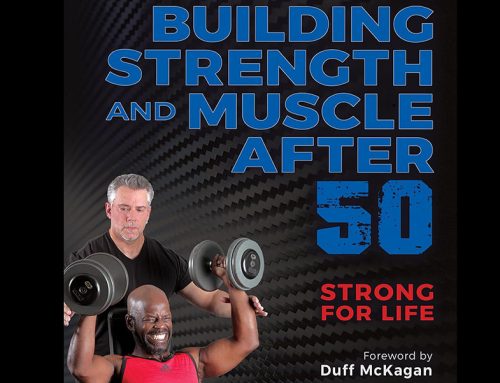
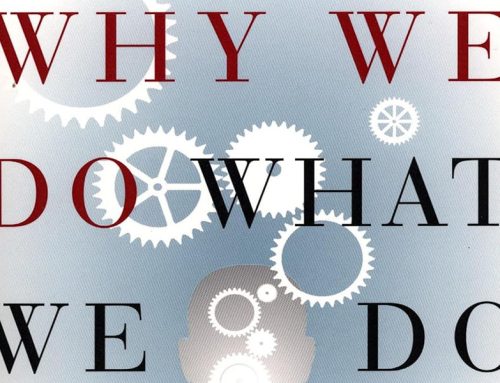
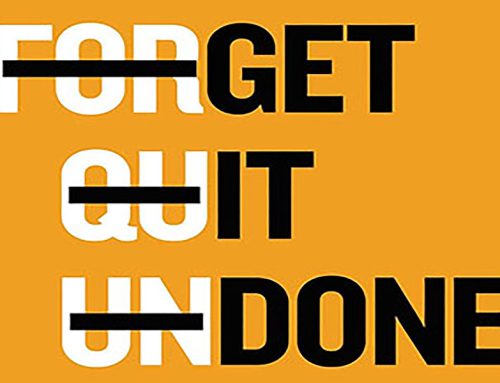
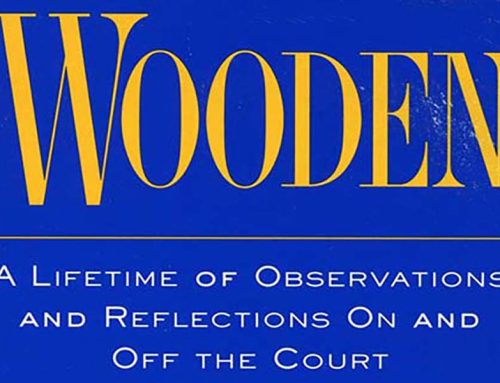
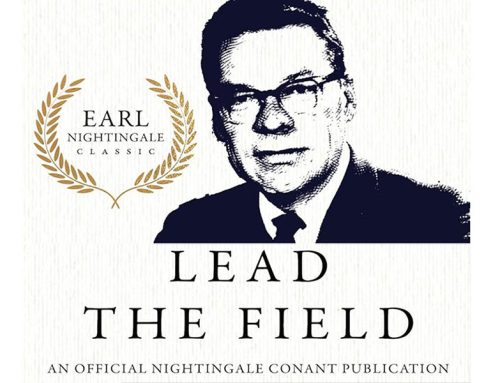
Nice review. Led me to buy it.
The media certainly doesn’t help in it’s reporting of so called “facts”, but people also need to take some responsibility.Health, nutrition, diet, ect…are serious matters worth investigating and understanding. If a person simply hears about the latest diet fad or pill and buys it hoping to lose vast amounts of weight just sitting around doing nothing, they are to blame.As always thanks for your good work and contribution!JasonP.S. If it would help anyone they can view free fitness videos and free fitness updates at:http://thetraininggenius.com/free-fitness-updates/
Hi Tom,Great review and I look forward to reading more of them.By the way, I tried sending this link (below) to Time magazine and it does not send them directly to your last blog post.Do you think they will be smart enough to figure out how to get to your blog post? I’m just thinking…they might not know how to research well enough to find it…MiriamDear Time Editors,How can you let such an idiotic article like this one be published? John Cloud left out many things that support exercise for weight loss. The article should have been titled “Why Exercise is useless if you don’t have Dietary Restraint”. I am disappointed in your misleading information. I’ve included a link to a well known Fitness Guru, Tom Venuto, and I hope you read his rebuttal to your faulty article. It is more scientific and well researched than John Cloud’s filth.Miriamhttps://www.burnthefatblog.com/archives/2009/08/why_time_magazine_owes_the_fit.p
I haven’t read his book yet, but I’m well aware of the lawsuit against him and the Guardian that was filed against him by Matthias Rath… The missing chapter mentioned in the review is here and worth a read (especially the conclusion): … Read Morewww.badscience.net/2009/04/matthias-rath-steal-this-chapter/ – it’s a terrible, tragic story. Video synopsis of Rath’s activities in S.A. is here: http://www.guardian.co.uk/world/video/2008/sep/12/matthias.rath.aids.south.africa
I just read this book, it’s great.
Excellent review: lucid, to the point. Thanks, Tom!
I’m going to pick up a copy, not on the Kindle unfortunately (or at least I didn’t turn it up in a search.) As a dietitian I often get frustrated at misleading studies and interpretations. Really great review, thanks for spreading the word.
Hey Tom,Nice, thorough review.I agree with you and the author on the whole, but as a PhD student, I’d like to bring my site of the story to this.Research is so damn hard, it’s easy to make mistakes. When I’m not careful, I make some. Most professors I’ve met make some too.Given its (rather obscure) nature (even to us), it’s understandable that journalists (or other people) make mistakes in interpreting research findings. Heck, even the most-respected association (such as the ASCM) form committees to review the evidence and produce guidelines.That shows how hard it can be.All the best,-CJ
Really great review, Tom! I’m going to get the book now! It is kinda sad though, how misleading information are being spread like this. As a guy who had struggle with weight loss, it is very disappointing.
Tom,Thanks for the review and for your work. After your review I am adding this to my reading list.In Strength,Yusuf
Thanks for this recommendation Tom. I’m getting this one.You are just awesome. That’s for being such an inspiration. You walk the walk and talk better talk than most. It’s great.Cassandra
Thanks for this. I will be putting this on my list, and then on my bedside table with the rest of my books that I’m working on! Unfortunately it seems the practice of “cherry picking” research is so common, and the research itself sometimes flawed, it seems you can find a study to support almost any viewpoint. (Although that application may be flawed as well, especially when it comes to extrapolating info into humans) Responsibility for self is of course a huge issue, but twisting of information makes it even more difficult for the layperson to come to an informed decision. Thank you for continuing to be a watchdog and one of the good guys.
Okay, now that you have started your reviews please keep them coming. Good job and has me reading the book.Thanks,Randy WoodyYour Fat Loss Experthttp://randywoody.com
Hello Tom, what book(s) would you recommend to learn how to interpret scientific researchs thoroughly? Thank you.
Joe wrote:Hello Tom, what book(s) would you recommend to learn how to interpret scientific researchs thoroughly? check out Alan Aragon’s girth control — also see in the links to the right – “friends and favorite websites” check out alan aragons research review. Between those two resources, you will be SET.tom